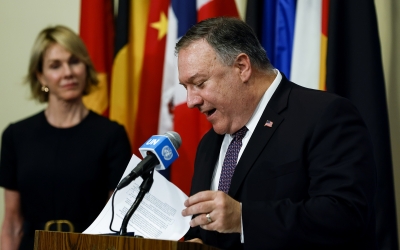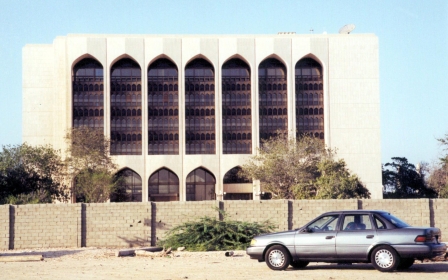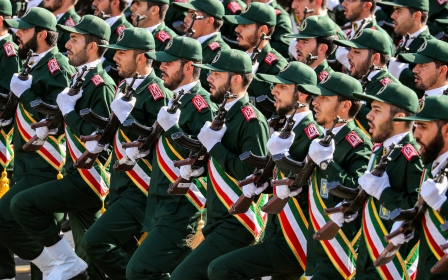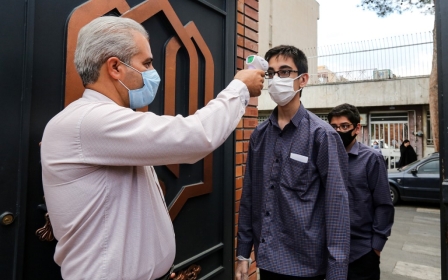UN states have 'responsibility' to enforce Iran sanctions, Pompeo says
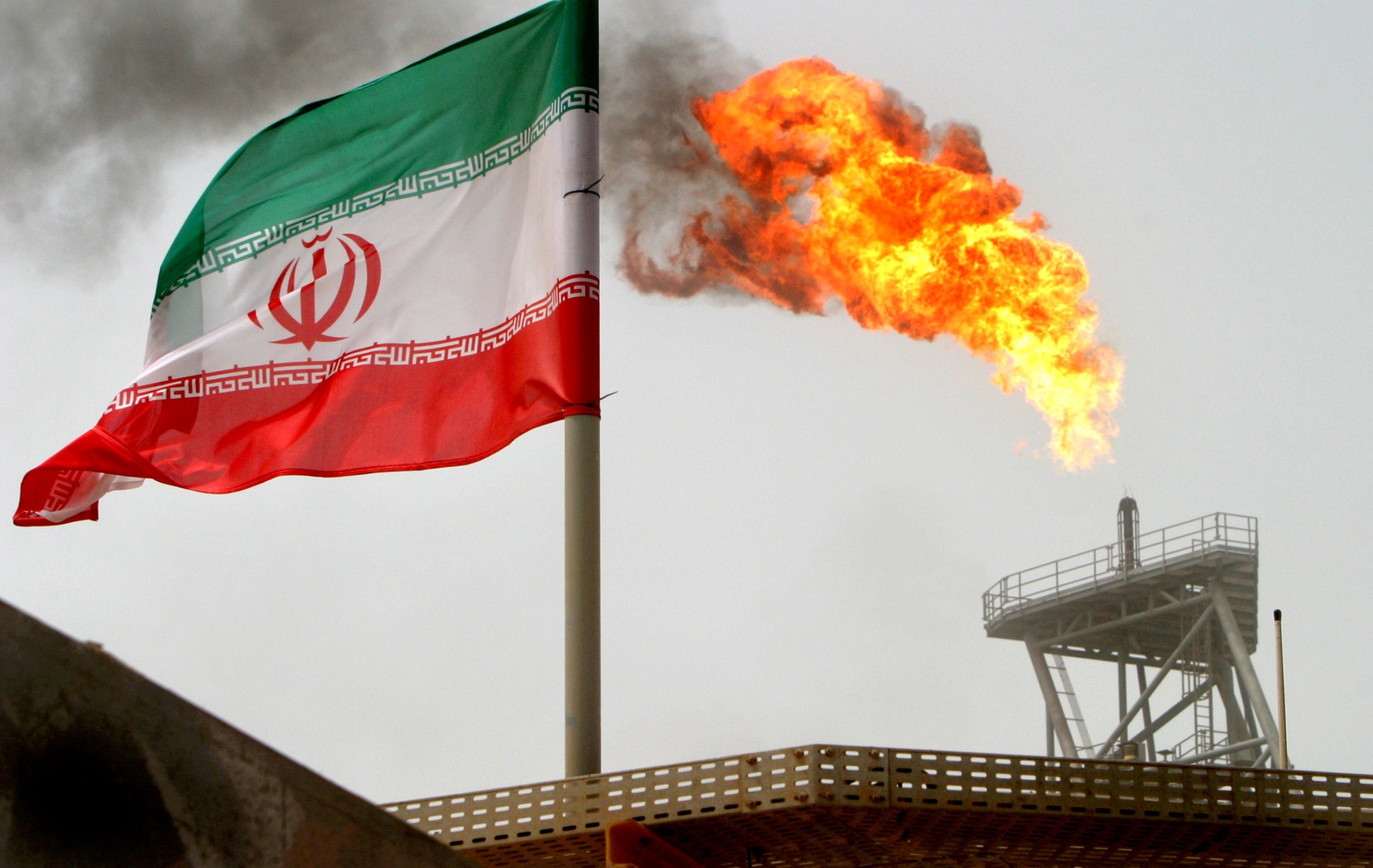
The Trump administration has announced a new round of sanctions against Iran, stressing that UN measures against Tehran that were lifted by the nuclear deal are back in effect and that Washington expects other countries to abide by them.
Half a dozen top US officials, including the secretaries of state, defence, commerce and treasury, held a news conference to reveal the new "sweeping measures" against Iran on Monday.
The UN Security Council, including Washington's European allies, have rejected the US administration's interpretation that the international sanctions are back in effect.
President Donald Trump had signed an executive order earlier in the day imposing sanctions against Iranian officials and scientists, as well as its nuclear programme and military sectors.
"By these actions we have made very clear that every member state in the United Nations has a responsibility to enforce these sanctions; that certainly includes the United Kingdom, France and Germany," said Secretary of State Mike Pompeo.
New MEE newsletter: Jerusalem Dispatch
Sign up to get the latest insights and analysis on Israel-Palestine, alongside Turkey Unpacked and other MEE newsletters
"We will have every expectation that those nations enforce these sanctions."
Snapback
Despite leaving the Iran nuclear deal in 2018, Washington notified the United Nations last month that it was calling for restoring sanctions against Tehran within 30 days because of Iranian non-compliance with the agreement.
The 2015 multilateral accord, known as the Joint Comprehensive Plan of Action (JCPOA), saw Iran scale back its nuclear programme in exchange for the lifting of sanctions against its economy.
Security Council Resolution 2231, which codified the deal at the United Nations, gave participant states the right to trigger a process to snap sanctions back against Iran.
The Trump administration's critics, including the overwhelming majority of the Security Council, argue that Washington does not have the right to re-activate the UN sanctions because of its departure from the agreement two years ago.
"Virtually all UN sanctions have returned on Iran," Pompeo said late on Saturday.
Earlier this month, however, Germany, the UK and France objected to the US move, saying that the sanctions would be "incapable of legal effect".
"We have worked tirelessly to preserve the nuclear agreement and remain committed to do so," the three countries said in a letter to the Security Council.
On Monday, US envoy to the UN Kelly Craft renewed her criticism of America's allies, saying that Washington's policy against Iran is driven by the "pursuit of peace".
"We don't need a cheering section to validate our moral compass. We do not find comfort based solely on numbers, particularly when the majority has found themselves in an uncomfortable position of underwriting terrorism, chaos and conflict," Craft said. "We refuse to be members of that club."
Zarif responds
The US officials held their news conference simultaneously as Iranian Foreign Minister Mohammad Javad Zarif was virtually addressing the Council on Foreign Relations, a Washington-based think tank.
Zarif dismissed the new round of sanctions as nothing new. He said the US administration's maximum pressure campaign against Iran aimed to bring the country's population to its knees.
"That's why after they failed, they started the so-called process of snapback - and I have to say that the word 'snapback' doesn't appear in either JCPOA or Security Council resolution 2231," Zarif said.
"And now they are taking retribution not against us but against the entire world."
Washington says its push for "snapback" sanctions aims to extend the UN arms embargo against Tehran, which was to be lifted next month - five years after the JCPOA went into effect.
"The administration will not allow Iran to endanger the rest of the world with a fresh supply of ballistic missiles and conventional arms," Secretary of Treasury Steve Mnuchin said on Monday.
Middle East Eye delivers independent and unrivalled coverage and analysis of the Middle East, North Africa and beyond. To learn more about republishing this content and the associated fees, please fill out this form. More about MEE can be found here.


